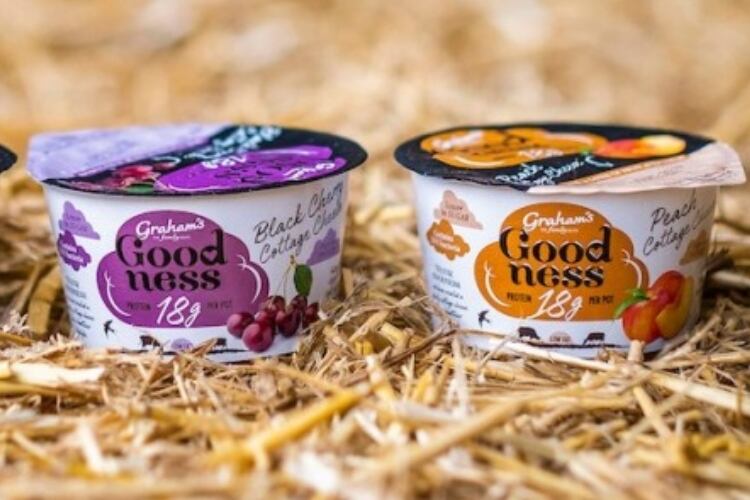The proposed plant at the Glenfield Industrial Estate in Cowdenbeath is set to generate and distribute bioenergy for onsite heat and power. The company said it will position Fife at the forefront of innovative decarbonization solutions for the food and drink sector.
The plans are in response to the challenges set out by the Scottish Government in its energy strategy and the transition within the dairy sector to zero carbon operational processes.
The project forms part of the Low Carbon Innovation Transition Programme (LCITP) for Heat and Industry and was awarded grant support in 2020 to deliver the proposed development alongside a Skills Development and Information Exchange to support Fife’s Clean Growth Agenda.
The aim is to complete the project by the spring of 2021.
The low carbon effluent treatment plant is a solution to utilizing waste residue (whey) from cheese making to produce green heat and electricity, which will be used on the site through a closed pipe network. As part of Graham’s wider green investment plans for business, the proposed development will generate renewable power that will deliver 80% of the site’s baseload electricity, 50% of peak electric load, 50% of boiler gas supply, a 20% reduction in vehicle and traffic flow to and from the site, and a 50% reduction in effluent disposal, for a saving of 62.94 kgCO2e/h.
Robert Graham, managing director, Graham’s The Family Dairy said, “Building a sustainable environment for our next generation is incredibly important to our family. We are actively working to achieve net zero carbon across every area of our business.
“The dairy sector has the potential to lead in the transition to a net zero carbon economy, particularly within the areas of heat and transport. Our plans for the Glenfield dairy in Cowdenbeath will mark a step change in investment within the dairy sector in zero carbon innovation, infrastructure and skills development to accelerate climate adaptation within industry. This builds on our recent investment in a 15 MW solar park on our farmland in the Carse of Stirling as we move our business, at speed and scale, to decarbonize.”
Through consultation with Fife Council, environmental analysis has been undertaken to inform the design, siting, layout and mitigation measures for the project. These assessments, which cover air quality, noise, aerosols, transport, landscape, ecology and drainage, comply, in full, with technical standards to ensure the development will not impact on public health or neighboring amenities, the company said.
The company added the plant will deliver benefits for Cowdenbeath and the local environment, with fewer emissions from the site, reduced fossil fuel use and a 20% reduction in movement of HGV trucks to and from the site.

